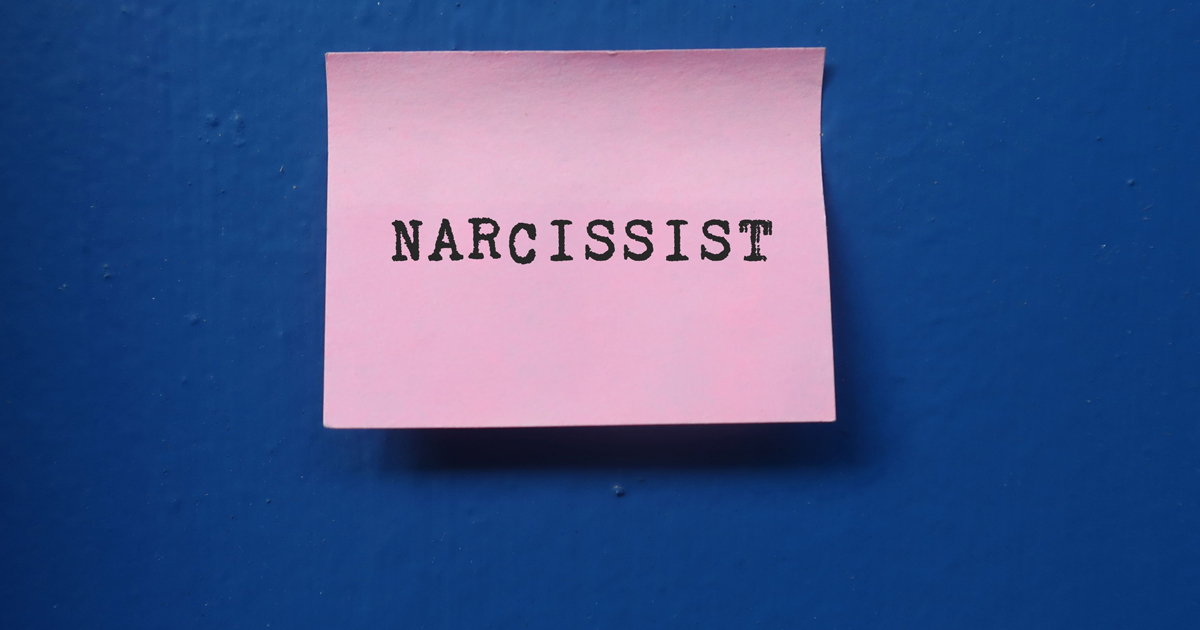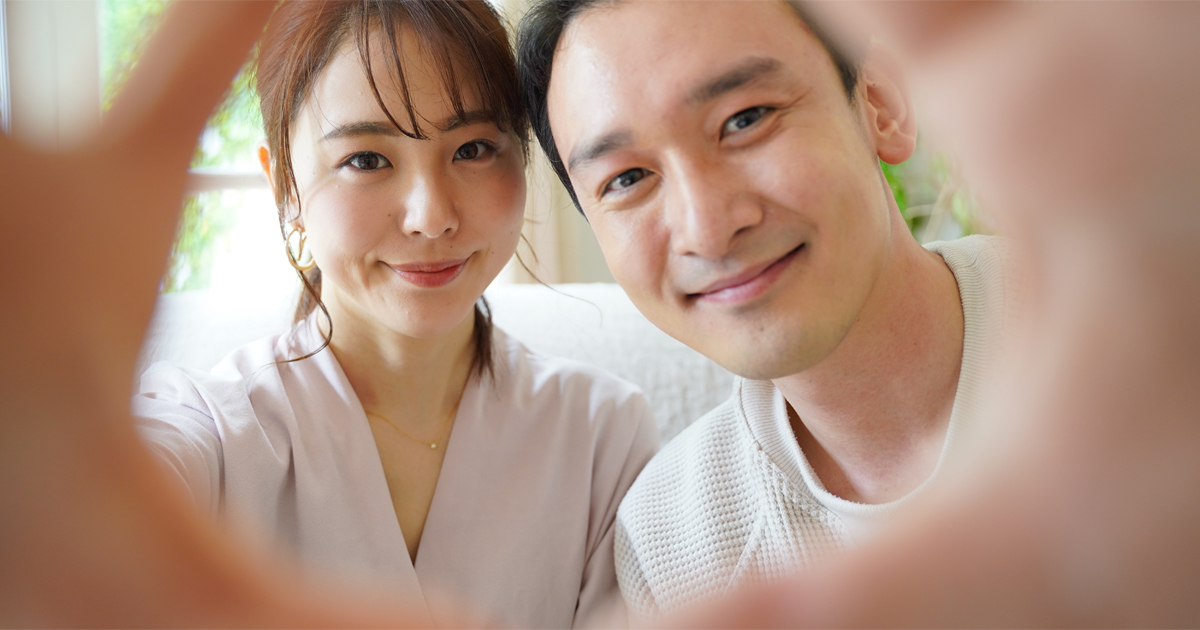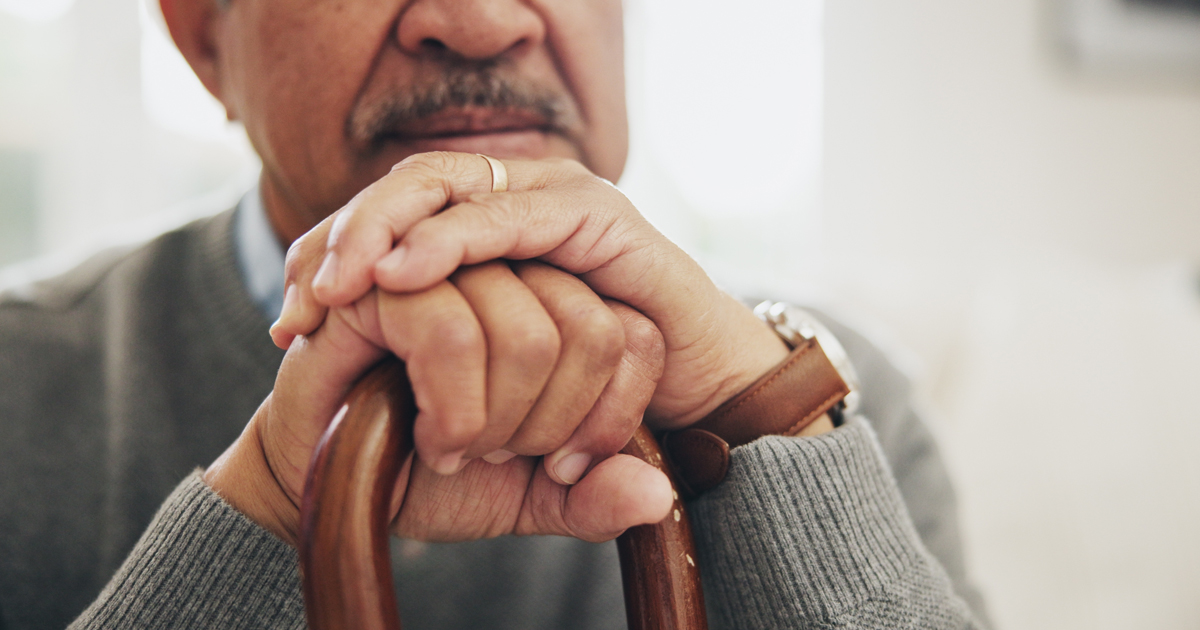When we think of the terms “Rights” and “Responsibilities”, we often think that it has the same meaning. When we have the right to do something, it means that we are responsible for it, and vice versa.
However, in reality, both terms, “Parental rights” and “Parental responsibilities” hold different meanings under the law and in familial situations.
Nevertheless, the rights and responsibilities of a parent are interrelated and will inevitably arise in daily lives where a child is present.
Parental Rights
Parental Rights are broad rights given to the children’s parents and legal guardians to influence the child’s upbringing. This includes making major decisions on behalf of the child (before they reach the age of majority) and spending time with them to foster their development to be a civilised individuals.
Parental rights include:
- having physical custody of the child;
- deciding the child’s education path;
- choosing the child’s religion;
- administering of the child’s property;
- representing the child, as the child is not of majority age;
- consenting to the child’s marriage (when the child is below the age of 18);
- choosing the name of the child (at birth); and
- consenting to the child’s medical treatment
Parental Responsibility
On the other hand, parental responsibility comprises the duties of the child’s parents and legal guardian to provide proper care to the child in their custody until the child becomes financially independent.
Section 46(1) of the Women’s Charter 1961 reflects the general principle of law that both parents shall generally have equal parental responsibilities, whether in the running of the household or safeguarding the welfare of the child.
This principle is also reflected in the duty of the parents to maintain or contribute to the maintenance of their child, even if the child is not in their legal custody, or if the child is illegitimate (Section 68 of the Women’s Charter 1961).
Can I have only one and not the other?
In certain outcomes of divorce proceedings, a parent’s parental rights and/or parental responsibilities may remain the same or be removed. This depends very much on the custody, care and control orders that the court makes:
- For example, in the exceptional case of sole custody to one parent, the other parent will not be able to exercise his/her parental rights to e.g. deciding on the child’s education or religion.
- Where care and control is granted solely to one parent, that parent will have the responsibility of raising the child and managing the day-to-day activities of the child. However, this does not mean that the other parent does not have parental responsibilities; in this case, maintenance would be commonly sought by the parent who does not have care and control of the child to recognise that parent’s duties/responsibilities.
Another situation where a parent may lose all his/her parental rights and responsibilities is when his/her child is adopted. In this case, the parental rights, responsibilities and liabilities of the parent would be extinguished, and the adoptive parents would assume all parental rights, responsibilities and liabilities for the adopted child.
To a similar extent, a legal guardian would also gain some parental rights and responsibilities to ensure he/she can care for the child, but the natural parent will still owe some obligations under law e.g. duty to maintain.
Read More: Applying to be a Legal Guardian in Singapore
Ultimately, the assessment of a parent’s rights and responsibilities under the law is best advised by a seasoned legal practitioner in this complex field, as certain legal outcomes will directly impact such rights and responsibilities.












